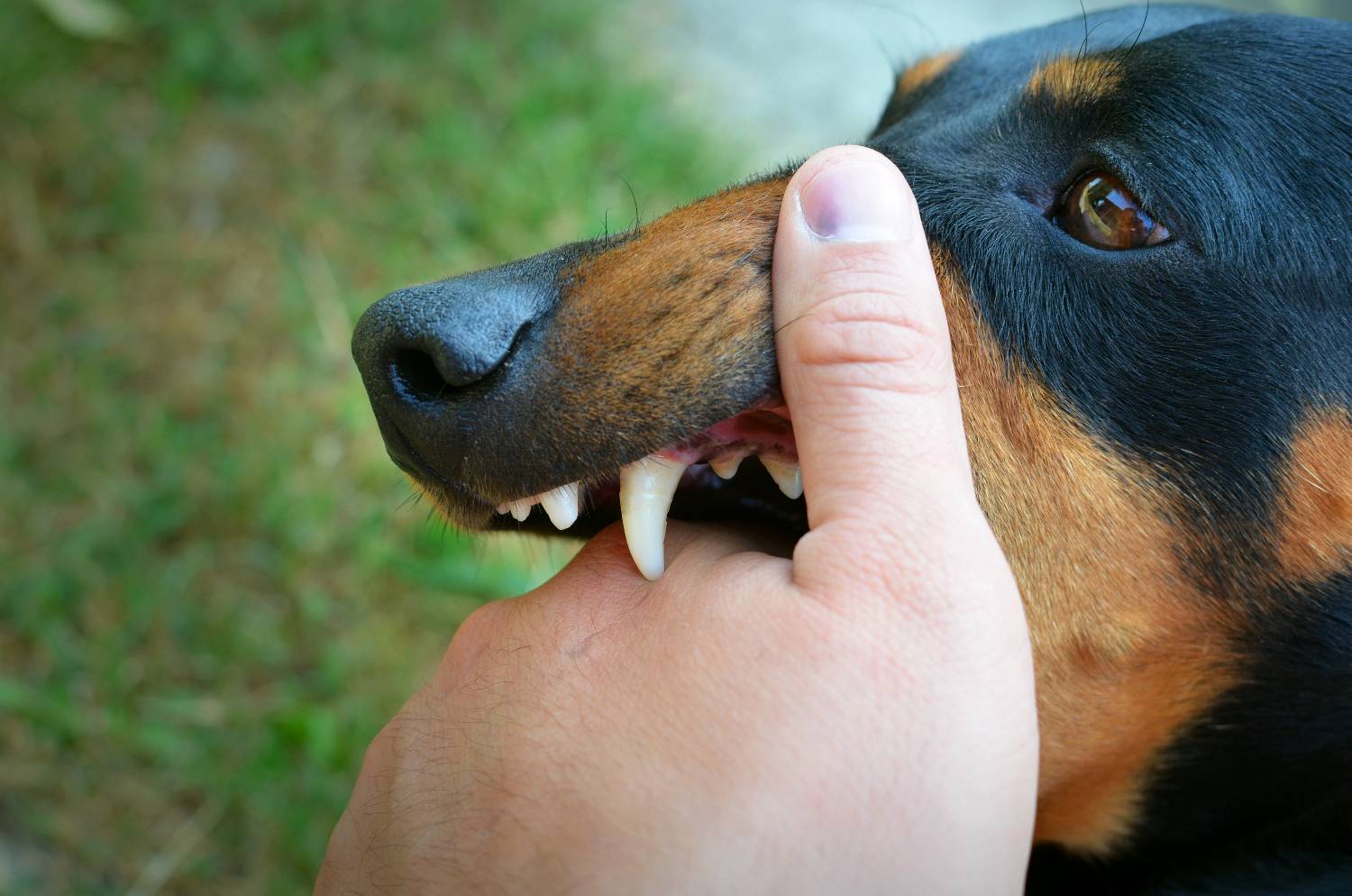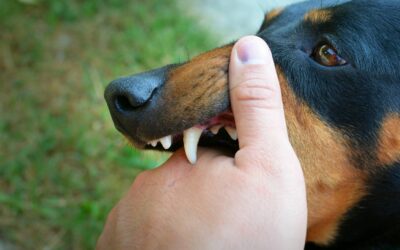Dogs may hold the title of “man’s best friend,” but incidents of dog bites and attacks are not uncommon, particularly in busy areas like New York City and New Jersey. Such an experience can be highly traumatic, even when the physical injury seems minor. If you’ve been affected, it’s crucial to understand your rights and the steps to ensure full compensation for your injuries—and to safeguard your well-being.
Get Help from Experts Who Understand
At Hunt & Associates, our specialized dog bite injury attorneys in New York City and New Jersey are here to help you obtain fair compensation for any injuries, medical expenses, or pain and suffering you’ve endured. With deep knowledge of the law, the local community, and dealing with insurance companies, we’re prepared to guide you through this challenging situation. Reach out now at 1-866-456-4868 to schedule a Free Strategy Session.
Dog Bite Statistics You Need to Know
According to the CDC, an estimated 4.5 million dog bites occur each year in the United States. While many of these bites are minor, around 885,000 require medical attention, with fatalities being rare though still possible. These eye-opening statistics highlight the importance of staying informed and seeking help quickly in the event of an attack.
Why Do Dogs Bite, and Who Is Responsible?
Dogs bite for various reasons, ranging from external stressors to fear or illness. But who is responsible in these scenarios? Legal accountability largely depends on the state you’re in:
- Strict Liability (New Jersey): Dog owners are held fully responsible for injuries caused by their pets, even if they took measures to prevent a bite. Owners can defend themselves only if they can prove the victim provoked the dog.
- One-Bite Rule (New York): Owners are liable only if it can be proven they were aware their dog had a tendency to be aggressive or had previously bitten someone. New York enforces this through a “vicious propensity” standard.
Since laws vary, consulting with a knowledgeable dog bite attorney is essential to understanding your case.
Common Reasons Dogs Bite
Dogs may bite for a variety of reasons, including:
- Feeling threatened or scared
- Being chained or in a stressful environment
- Protecting their owner, puppies, or territory
- Being trained to attack
- Experiencing illness or past abuse
Each situation is unique, but what matters is understanding the circumstances and gathering clear evidence.
Understanding Provocation
It’s worth noting that in many cases, a dog owner may claim the victim provoked their pet to avoid liability. What is considered provocation?
- Examples of provocation include: Hitting, trapping the dog, pulling its tail, or stepping on a sensitive area.
- Actions that are NOT considered provocation include: Walking nearby, speaking to the dog’s owner, or trying to pet the dog gently.
Because provocation can influence the outcome of your case, working with an attorney to present the facts accurately can make all the difference.
Steps to Take After a Dog Bite
If you or someone you know has been injured by a dog, follow these steps promptly to protect your health and rights:
- Seek Medical Attention: Cleanse the wound and seek professional medical care to prevent infections or complications.
- Collect Information: Gather the contact details of the dog’s owner, their insurance information, and proof of the dog’s rabies vaccination.
- Take Photos: Capture clear images of your injuries, the location of the attack, and, if possible, the dog itself.
- Speak with Witnesses: Collect names and contact information of anyone who saw the incident.
- Report the Incident: Notify the police or your local animal control agency.
- Consult an Attorney: An experienced dog bite lawyer can help you secure fair compensation while navigating legal complexities.
Understanding Dog Breeds and Injury Severity
While the breed of the dog does not determine who is at fault, studies indicate certain breeds are more likely to inflict severe injuries. Examples include:
- Pit Bulls, Rottweilers, and German Shepherds: Identified as having powerful bites, which can cause significant damage.
- Mixed breeds and Terriers: Found to be common contributors to injury cases.
Regardless of breed, any dog can cause substantial harm, particularly when the victim is a child.
Common Injuries and Their Lasting Impact
Dog bites can leave victims with severe physical and emotional challenges. Common injuries include:
- Deep lacerations requiring stitches
- Dangerous infections and puncture wounds
- Nerve damage or even dismemberment
- Paralysis or chronic pain
- Scarring, often requiring reconstructive surgery
Beyond physical consequences, victims often endure post-traumatic stress, especially in severe cases. Emotional recovery is just as important as physical healing.
Special Considerations for Children
Young children under the age of 4 are particularly vulnerable to dog bites. Many children approach dogs innocently, unaware of the risks, making them the most frequent victims of severe attacks. Unfortunately, these incidents can result in life-altering injuries and lasting emotional harm. If your child has been hurt, immediate medical and professional legal support are critical.
Get Justice and Peace of Mind
Being bitten or attacked by a dog can bring pain, fear, and confusion—but you don’t have to face it alone. Whether the injuries are minor or life-changing, you have rights, and the law is on your side. Click for a free case evaluation from an experienced attorney in your area.





